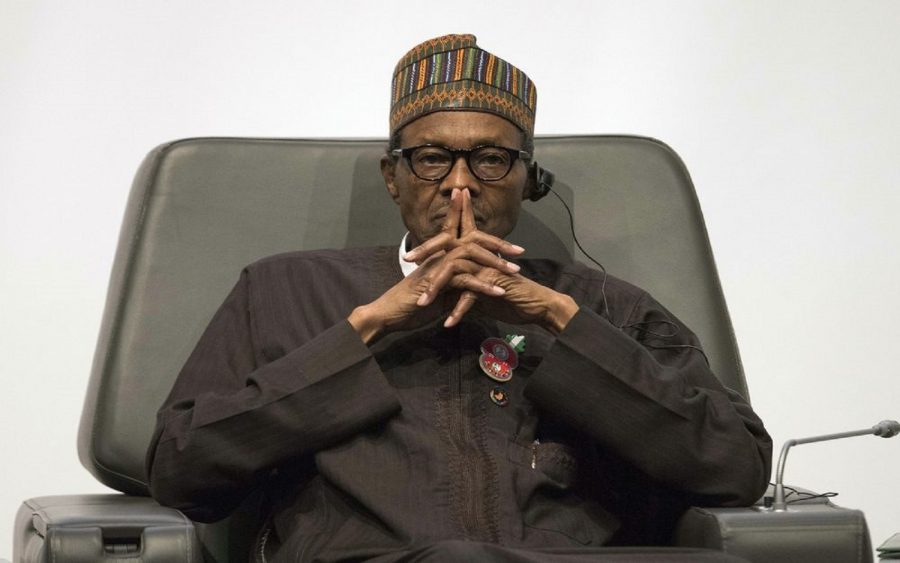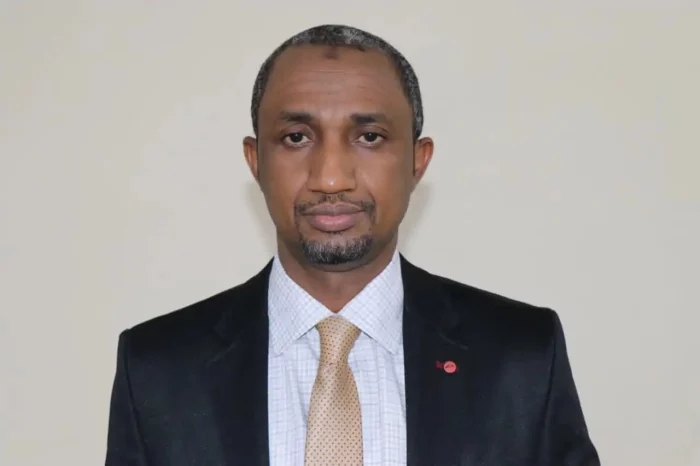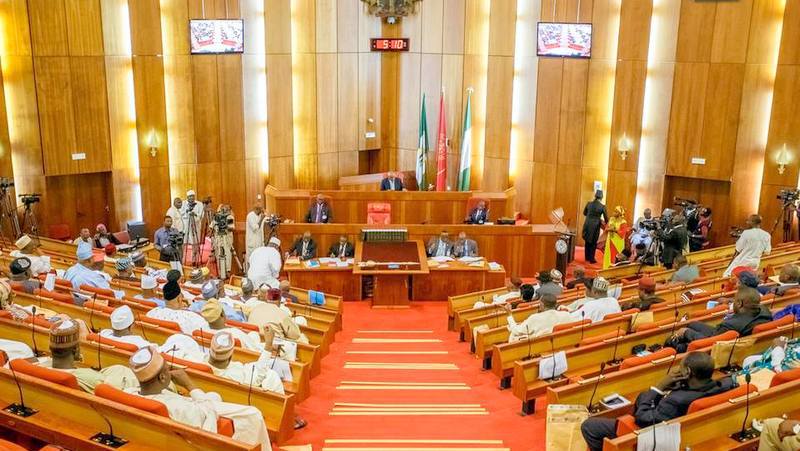The highly anticipated National Housing Fund (NHF) bill, 2018, which had been awaiting Presidential assent, was eventually rejected by President Mohammadu Buhari.
This was communicated to the Nigerian Senate via letters sent by the President, which was read during yesterday’s Senate Plenary session. Alongside the NHF bill, the President also declined to append his signature to seven other bills.
The other seven bills rejected
The President, for the umpteenth time, rejected seven other bills which included: the Ajaokuta Steel Company Completion Fund Bill, 2018; Chartered Institute of Training and Development Establishment Bill, 2018; Nigerian Aeronautic Research Bill, 2018 and National Institute of Credit Administration Bill 2018.
Other bills rejected are: Small and Medium Entrepreneurship Development Agency Bill, 2018; Federal Mortgage Bank of Nigeria Bill 2018 and National Biotechnology Development Agency Bill 2018.
President Buhari’s reasons for rejecting the NFH bill and the other bills were revealed by the Senate President, Dr Bukola Saraki.
Why Buhari rejected the NHF Bill?
Nairametrics had earlier reported that analysts differ on the implications of NHF bill on the economy. The President reportedly cited several reasons why he could not assent to the proposed NHF bill.
“the compulsory investment requirement imposed on commercial banks, merchant banks, insurance banks and pension fund, administrations of the minimum of 10% profit before tax into the National Housing Fund will be destructive punitive to a number of industries and sectors of the Nigerian economy including cement, manufacturing, banking, insurance, pensions and may also impact adversely affect the average Nigerian worker.”
Ajaokuta Steel Company Completion Fund Bill and others also rejected
As for why the Ajaokuta Steel Company Completion Fund Bill was rejected, the President stated that:
“appropriating $1 billion from the Excess Crude Account is not ”the best strategic option for Nigeria at this time of budgetary constraints, and the nation cannot afford to commit such an amount amid competing priorities”.
The Federal Mortgage Bank of Nigeria Bill 2018
The President justified his decision to decline the Federal Mortage Bank of Nigeria Bill. According to him, the bill failed to spell out in detail, the required qualification and experience threshold of the directors and senior management staff with specific reference to developmental banking, risk management and mortgage loan administration experience.
“The provisions in section 9(2) provided that liabilities of the federal mortgage bank shall be discountable with the Central Bank of Nigeria without specifically stating in the bill that this is subject to usual criteria for normally accessing the rediscounted window of the Central Bank of Nigeria.”
The National Institute of Credit Administration Bill 2018:
The president also rejected this bill. The reason why is because of the bills’ provision that every bank staff and workers of other financial institutions, must hold a National Institute of Credit Administration licence before they are eligible to practice as credible managers. He said the provision “portends a recipe for crisis.”
20 bills already rejected in 2019
The development brings the number of bills President Buhari has rejected in 2019 to twenty. An earlier article by Nariametrics has highlighted all the bills recently rejected by the President.
What is next for NHF bill after rejection?
Considering the grounds upon which the President declined assent on the NHF bill, Nigerians can still expect a revised NHF law in operations soon.
The rejection may be a step in the right direction as the President cited reasons that the contents of the newly proposed NHF laws will severely affect economic agents in the country. This decision may be good for the economy.
Going forward, all hands must be on deck, as important industry stakeholders and experts must be brought on board to embark on a comprehensive review of the NHF laws that will bring prosperity to the Nigerian people.





















